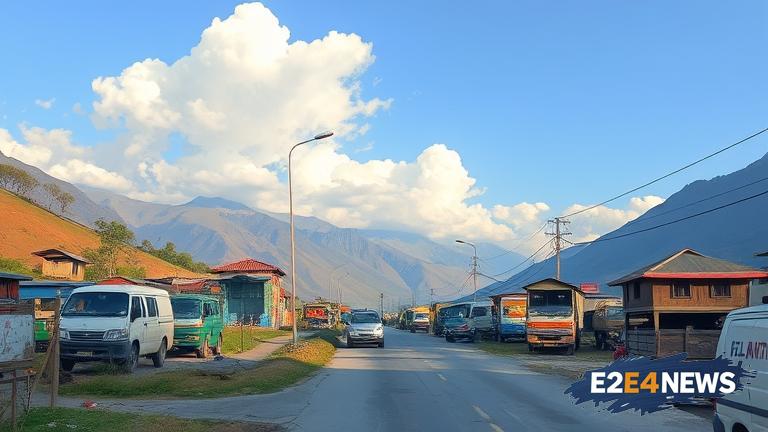The abrogation of Article 370, which granted special status to the state of Jammu and Kashmir, was a highly controversial move made by the Indian government six years ago. The decision was met with widespread protests and unrest in the region, with many Kashmiris feeling that their rights and autonomy had been stripped away. However, over the past six years, the region has slowly begun to return to a sense of normalcy. Despite the ongoing tensions and sporadic outbreaks of violence, the Indian government has made efforts to promote economic development and investment in the region. The government has also taken steps to improve infrastructure, including the construction of new roads and bridges. Additionally, the Indian army has been working to maintain law and order in the region, and has been successful in reducing the incidence of militant attacks. However, many Kashmiris still feel that the abrogation of Article 370 was a betrayal, and that their rights and freedoms have been curtailed. To mark the sixth anniversary of the abrogation, many Kashmiri leaders observed a ‘black day’, with protests and demonstrations taking place across the region. The leaders called for the restoration of Article 370 and the granting of greater autonomy to the people of Kashmir. They also demanded an end to human rights abuses and the release of political prisoners. The Indian government, however, has shown no signs of reversing its decision, and has instead emphasized the need for greater integration and development in the region. The government has also pointed to the successes of its policies, including the increase in tourist numbers and the growth of the local economy. Despite these successes, however, the region remains deeply divided, and the issue of Article 370 continues to be a highly contentious one. Many Kashmiris feel that the Indian government has failed to address their concerns and has instead sought to impose its will on the region. The international community has also been critical of the Indian government’s actions, with many countries expressing concern over the human rights situation in Kashmir. The United Nations has also called for greater autonomy and self-governance for the people of Kashmir. As the region continues to grapple with the aftermath of the abrogation of Article 370, it remains to be seen whether a lasting solution can be found. The Indian government will need to address the concerns of the Kashmiri people and work towards a more inclusive and equitable solution. The international community will also need to play a role in promoting peace and stability in the region. In the meantime, the people of Kashmir will continue to observe ‘black days’ and demand justice and equality. The region’s future remains uncertain, but one thing is clear: the issue of Article 370 will continue to be a major point of contention for years to come. The Indian government’s decision to abrogate Article 370 has had far-reaching consequences, and has changed the course of history in the region. As the region moves forward, it is essential that the rights and freedoms of the Kashmiri people are respected and protected. The international community must also continue to monitor the situation and promote a peaceful and lasting solution. The people of Kashmir deserve nothing less. In conclusion, the abrogation of Article 370 has been a highly contentious issue, with far-reaching consequences for the region. While the Indian government has made efforts to promote economic development and investment, many Kashmiris still feel that their rights and freedoms have been curtailed. The region remains deeply divided, and the issue of Article 370 continues to be a major point of contention. As the region continues to grapple with the aftermath of the abrogation, it remains to be seen whether a lasting solution can be found.





